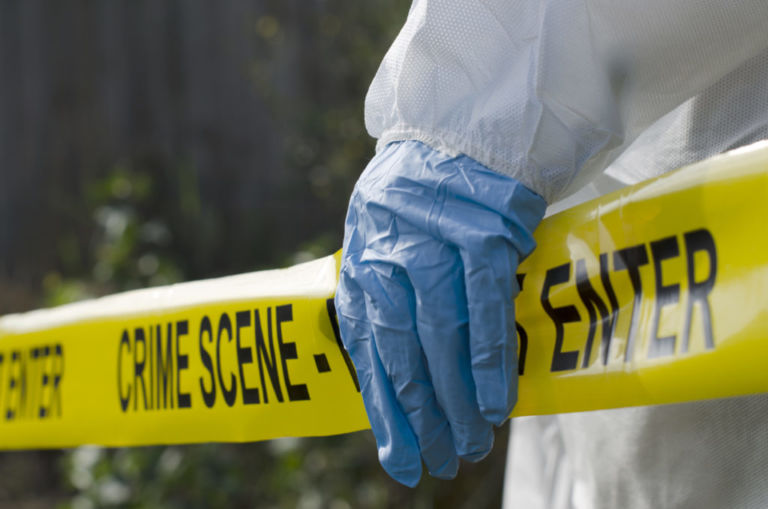Charles Murray examines the decline of “broken-windows” policing.
Since the 1960s, the police have been seen as the bad guys by the most vocal elements of the left and to some degree by the mainstream media. Police in big cities throughout the country are minutely scrutinized for every encounter in which force is used. Many police have had their careers derailed; others have lost their jobs and pensions altogether; some have gone to prison for their actions while on duty. Sometimes those penalties have been justified by the facts. In other cases, it appears that police administrators and courts have punished police who had to make decisions in seconds that, with leisure and hindsight, could be interpreted as punishable instead of the kind of mistake that regrettably happens when competent police are working in a high-pressure environment.
Whether I am correct in making that statement is up for argument, but I am confident that a large majority of police feel that way. That they feel that way is important in itself. Given the option to intervene or not intervene in a minor offense, what are the relative risks and rewards facing a cop in a big city? As of 2023, the personal risks of intervening are significant, and the personal risks of not intervening are zero. That’s always been true for police, but it has been counterbalanced by their sense of duty. They are supposed to keep the peace. It’s their job to intervene. That’s what they’re paid for.
My proposition is that years of anti-police activism have taken their toll. Police are criticized and often punished for keeping the peace. If they nonetheless make an arrest for a minor offense, they are faced with all the accompanying paperwork, and they know that nothing will come of it. The offenders are back on the street tomorrow, even if they have been arrested multiple times for the same offense.


